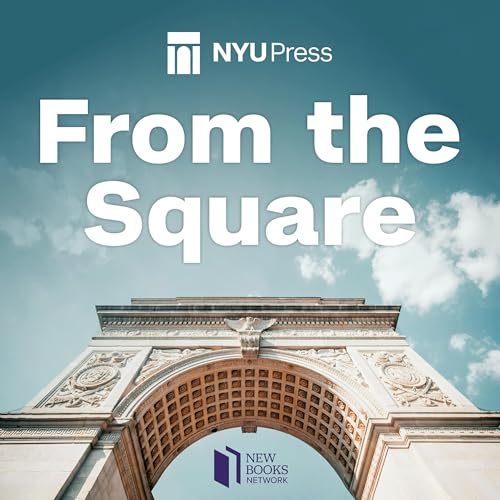Like any set of star-crossed lovers, Elaine and Charles came from different worlds. Elaine, an acclaimed childhood poet from a remote corner of the Massachusetts Berkshires, traveled to the Dakota Territories to teach Native American students, undaunted by society’s admonitions. Charles, a Dakota Sioux from Minnesota, educated at Dartmouth and Boston University Medical School, was considered by his Euro-American mentors the epitome of an assimilated Indian. But when they met just ahead of the Wounded Knee Massacre in 1890, the magnetic pull of love brought them together despite the tremendous odds stacked against them.Love and Loss After Wounded Knee: A Biography of an Extraordinary Interracial Marriage (NYU Press, 2025) by Dr. Julie Dobrow offers a dual biography of Elaine Goodale and Ohíye’Sa, (Dr. Charles Alexander Eastman), exploring their individual lives as well as their highly publicized interracial marriage. Both well-known in their own time– Elaine as a poet, journalist, and advocate for Indian education and Charles as writer, public speaker, and ardent activist for Indian rights– their marriage started with a shared vision to work on behalf of Indians. In the face of extreme prejudice, financial burden, and personal tragedy however, the marriage began to unravel.Dr. Dobrow paints an intimate, emotional portrait of the Eastmans’ lives drawn from Elaine and Charles’s letters, papers, and hundreds of accounts of the Eastmans’ lives from newspapers. Along the way, she skillfully illuminates the shifting late 19th and early 20th century definitions of Indigenous identity, and reveals how the Eastmans’ legacies reflect changing American attitudes toward gender, interracial relationships and biracial children. The result is a compelling new history that weds the private and the political, and Native America and the United States of America– entwined yet separated, inextricable yet never fully joined, just like Elaine and Charles themselves. This interview was conducted by Dr. Miranda Melcher whose book focuses on post-conflict military integration, understanding treaty negotiation and implementation in civil war contexts, with qualitative analysis of the Angolan and Mozambican civil wars. You can find Miranda’s interviews on New Books with Miranda Melcher, wherever you get your podcasts.
Show More
Show Less
 43 mins
43 mins 1 hr and 12 mins
1 hr and 12 mins 44 mins
44 mins 1 hr and 6 mins
1 hr and 6 mins Dec 17 202526 mins
Dec 17 202526 mins Dec 10 20251 hr and 1 min
Dec 10 20251 hr and 1 min 44 mins
44 mins 45 mins
45 mins
